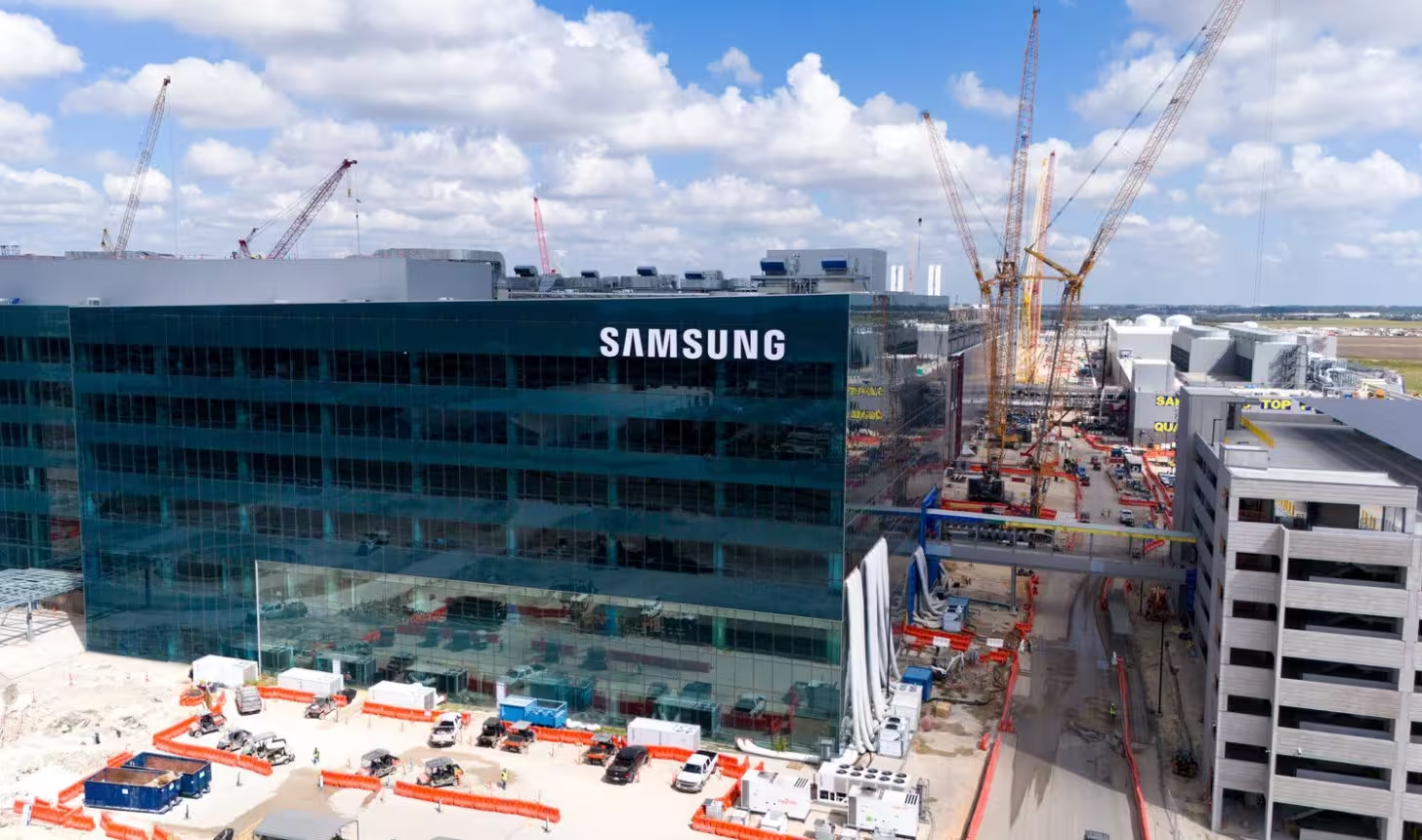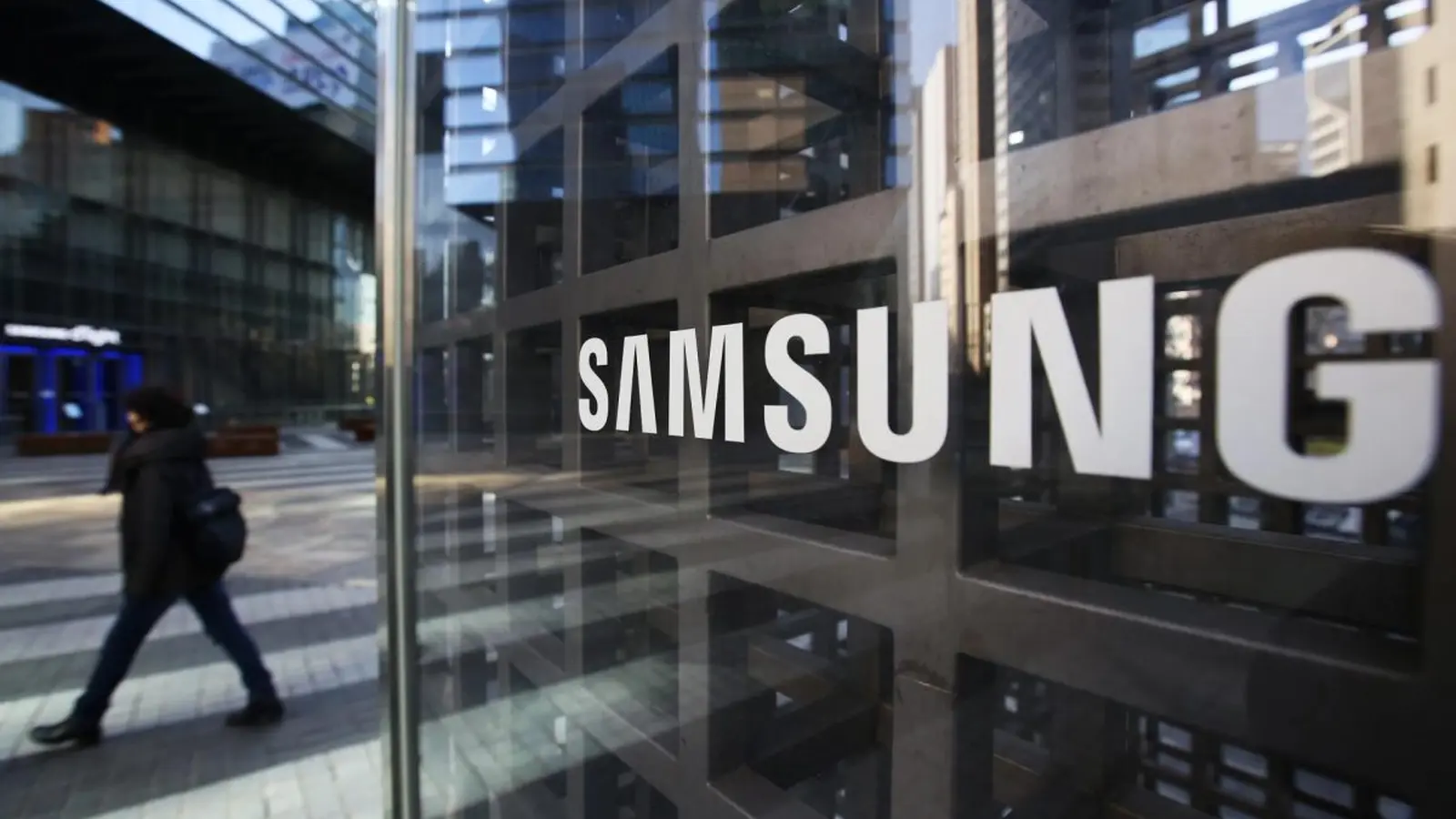3 Minutes
Samsung Foundry has quietly stacked up high-profile wins with Apple, NVIDIA and Tesla — deals that do more than fill fabs. They signal a strategic push to turn capacity into credibility and to position the Korean firm as a real alternative to TSMC in advanced semiconductors.
Big-name contracts that actually move the needle
These partnerships are practical and immediate. Samsung is developing next-generation image sensors for Apple, a marquee contract that puts the foundry squarely into the iPhone supply story. Meanwhile, Samsung manufactures NVIDIA's Tegra T239 SoC for the Nintendo Switch 2 on its 8nm node — a reminder that mature processes still drive volume and utilization. Tesla's orders for AI5 and AI6 chips further underline growing interest from major cloud, auto and AI players.
Why does that matter? Because higher utilization across both cutting-edge and mature nodes helps tighten unit costs and chip margins. For a division that has wrestled with operating losses, consistent, high-volume clients can change the math quickly — improving wafer throughput, justifying capacity, and making Samsung a more attractive partner for future deals.
2nm, a U.S. footprint, and the packaging play
Samsung isn’t just chasing short-term orders. The company plans to bring 2nm production to its Taylor, Texas facility in the coming years, and it’s pouring investment into advanced packaging capabilities in America. That dual strategy — advanced nodes plus localized packaging — is designed to win customers that want high performance and supply-chain resilience.

Put another way: many clients are diversifying away from a TSMC-centric supply chain. Since Samsung is one of the few firms capable of producing at the 2nm level, it stands to gain when companies seek redundancy or different technical routes. Coupled with U.S.-based packaging services, Samsung can offer a geographically balanced option that matters for national security, logistics and latency-sensitive applications.
What this means for the semiconductor landscape
Expect a few ripples. Samsung’s recent contracts improve its immediate utilization and public perception, but real scale against TSMC will require sustained manufacturing excellence, yield performance, and continued customer trust. Still, with Apple, NVIDIA and Tesla on the roster, Samsung has credible proof points to attract more business — especially from firms that value diversification or need mature-node capacity quickly.
Imagine a world where the biggest consumer and AI chip buyers feel comfortable splitting orders between TSMC and Samsung. That’s the strategic aim here, and these early wins suggest Samsung Foundry is making measurable progress.
For readers tracking semiconductor geopolitics and supply-chain shifts, Samsung’s moves are worth watching: they combine technology roadmap promises with real commercial traction — a duo that can reshape who leads in advanced chipmaking over the next few years.
Source: wccftech


Leave a Comment